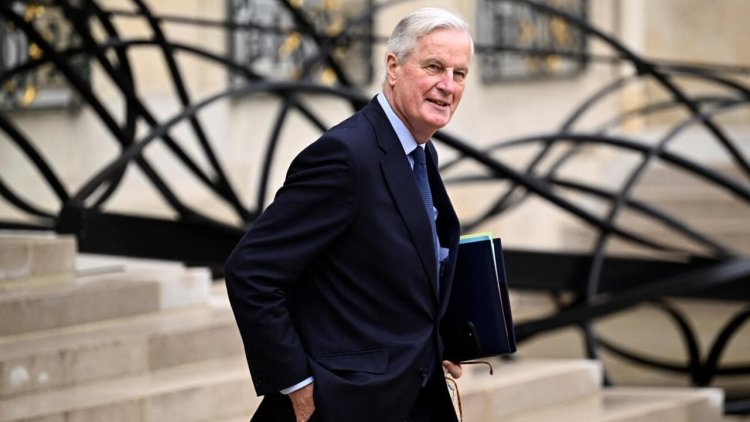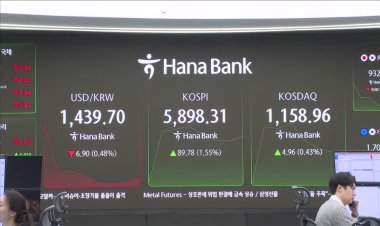French PM ousted in no-confidence vote

French opposition lawmakers brought the government down, throwing the European Union's second-biggest economic power deeper into a political crisis that threatens its capacity to legislate and rein in a massive budget deficit.
Far-right and left-wing lawmakers joined forces to back a no-confidence motion against Prime Minister Michel Barnier and his government, with a majority 331 votes in support of the motion.
The hard left and far right punished Barnier for opting to use special constitutional powers to adopt part of an unpopular budget without a final vote in parliament, where it lacked majority support. The draft budget had sought 60 billion euros ($63.07 billion) in savings in a drive to shrink a gaping deficit.
No French government had lost a confidence vote since Georges Pompidou's in 1962. Macron ushered in the crisis by calling a snap election in June that delivered a polarised parliament.
With its president diminished, France now risks ending the year without a stable government or a 2025 budget, although the constitution allows special measures that would avert a U.S.-style government shutdown.
Macron appointed Barnier, the European Union's former Brexit negotiator, as his new prime minister in September, after tumultuous weeks of drawn out talks following an inconclusive snap election.
In a Nov. 27 poll for BFMTV, 63% of respondents said they would be in favour of Macron resigning if Barnier's government fell.
Macron's gamble to call the snap parliamentary election in June backfired, with his centrist coalition losing dozens of seats and no party winning an absolute majority.
The left's New Popular Front alliance came first, but Macron ruled out asking them to form a government after other parties said they would immediately vote it down.
Even if France's political turmoil were to continue, a new parliamentary election could not be held within a year of the last one, meaning a new vote could take place in July 2025 at the earliest.















